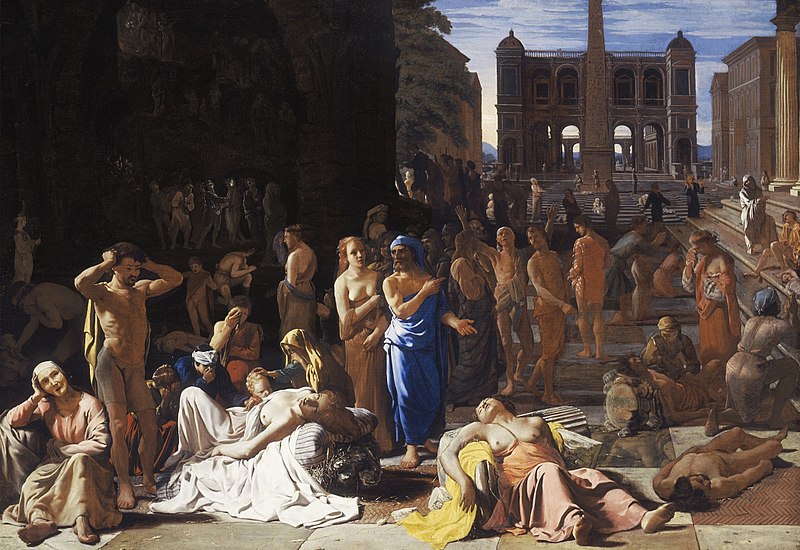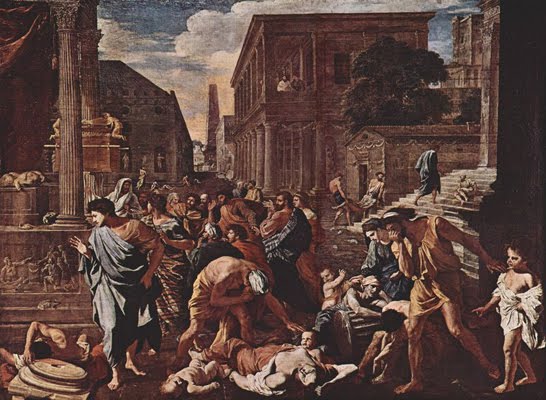I never take public transport. Well, almost never. In the last ten years in this country, I’ve probably gone on a train and/or bus -combined- 8 times? So it was a bit out of the ordinary that I took the Subte on Tuesday ‘for fun’ to the hospital to pick up some routine check up results.
That was my first mistake.
I got to the entrance of the building and there are cameras everywhere. I assumed some Argentine celebrity that I don’t know had just checked in for rehab or something, so I didn’t pay it any attention and I went in.
That was my second mistake.
I was in the lift when I checked my ‘whatsapp’ messages. A group of other moms were typing away:
“First confirmed Coronavirus in Argentina”
“Oh no! Really?”
“Yeah, 43 year old man, flew in from Milan”
“He’s in the hospital now”
“Which hospital?”
“Santa Fe and Pueyrredon, Swiss Medical”
“…”
“I’m here now”
The panic started to set in. I looked around the crowded waiting room and politely asked for my results… and could I use the hand sanitizer?
“Sorry Señora… your results aren’t here. You had to pick them up last week, but don’t worry, your doctor can see them online.”
…
Previously I had been firmly in the ‘do not worry’ camp. Spouting out theories of immanentizing the eschaton to anyone who would listen, I was confident, smugly cocooned in the “0 cases in the country” category.
How easy it is to be logical, to be calm, in such a summery situation! How quickly one’s feelings can change…
Once the first case came, and the numbers started to rise rapidly (a culture of sharing kisses with strangers and passing around the national drink mate makes for a virus’ wet dream), I started to think about the danger, the panic, the fears that surround this -or any- pandemic.
Of course, the ancients would have had plenty to say on the subject.
Epicurus would promptly chime in, stating we should not fear death, that this worry was meaningless. Thucydides would probably reference the Athenian Plague, illustrating that the greatest tragedy was the descent of morals and decency in the mob. Marcus Aurelius would certainly point out that we should accept such things as out of our control, and instead focus on that which we have power.

The Plague of Athens, Michiel Sweerts, c. 1652–1654
This all sounds fine and good… but is that the whole story? Is it applicable now? As we (the collective, including myself) ride the rollercoaster of popular fear, I have to ask:
Should we panic? What value does worrying have? And how should we stay calm, as so often directed?
***As always, you can comment below or write me directly at [email protected] with your thoughts.










No comments yet. You should be kind and add one!
Our apologies, you must be logged in to post a comment.